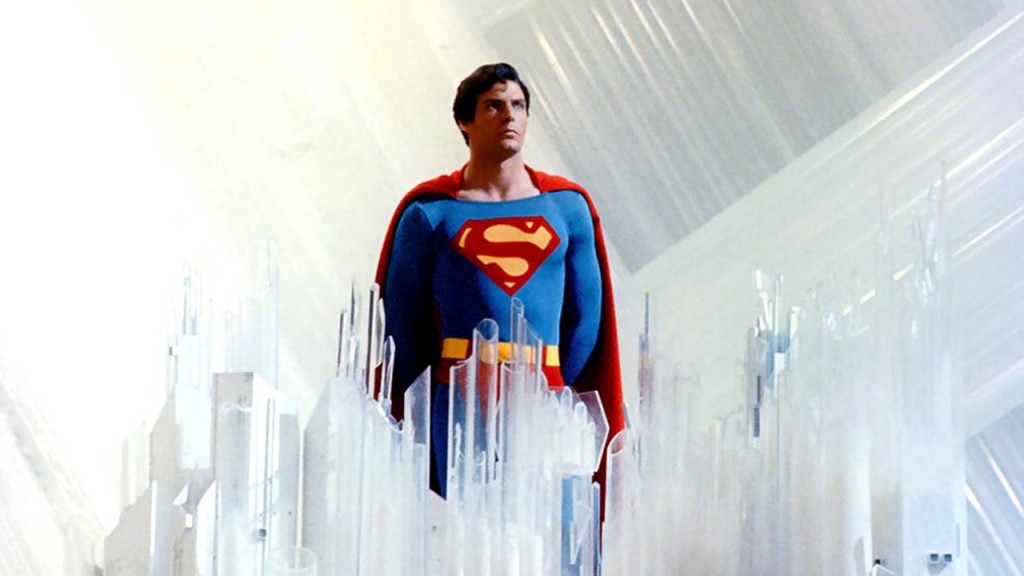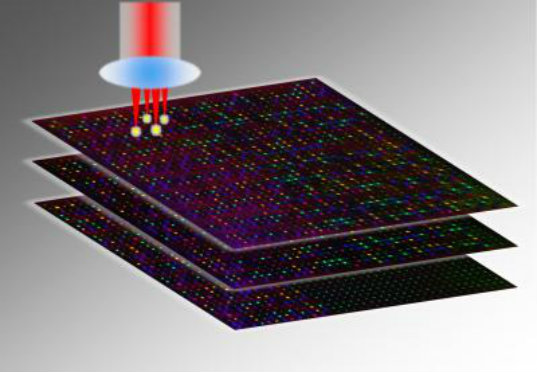Google joins tech ranks pushing for streaming TV deals
Google
revives an attempt to stream television over the Internet, having
talked with media companies about licensing their content, The Wall
Street Journal reports.
The field is getting crowded with tech companies vying to bring television to the masses over the Internet. 
Google has made overtures to media companies about licensing their content for an "over-the-top" service, the kind that delivers video through networks other than cable providers and satellite services, The Wall Street Journal reported, citing unnamed people familiar with the matter.
That revives a preliminary attempt by the Mountain View, Calif., company a couple of years ago, according to the report, which adds that Google's pitch has evolved to include a demo of the product.
But before such a service can even become a reality, it's already part of a competitive landscape. Not only will over-the-top services have to compete with cable-television providers like Comcast and satellite pay-TV providers like DirecTV that have been bringing consumers thousand of content options for decades, a handful of tech heavyweights are racing to produce a broadband-based alternative.
Intel has been pursuing a similar service, expected to launch this year, in an effort to be part of the next big tech market, after the company missed the boat on smartphones.
And Apple has long been said to be working on an Internet TV service to fill out its current Apple TV device, which currently has on-demand video services but few live options and nothing that replicates the experience of flipping through multiple channels of live television.
Google already beat Apple to the punch on another form of streaming media. It launched a streaming music service in May, putting Google in competition with the likes of Pandora and Spotify and -- later -- Apple with its iTunes Radio.
Google launched a TV software platform, morphing the Chrome browser to overlay on a Smart TV, in 2010, but it wasn't met with a particularly warm response.
With so many players chasing an over-the-top service, Google and the rest clearly are expecting a welcome embrace for this.





Google joins tech ranks pushing for streaming TV deals